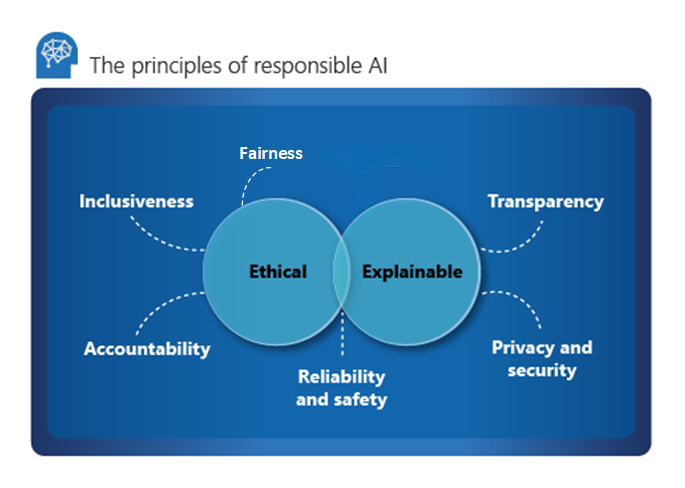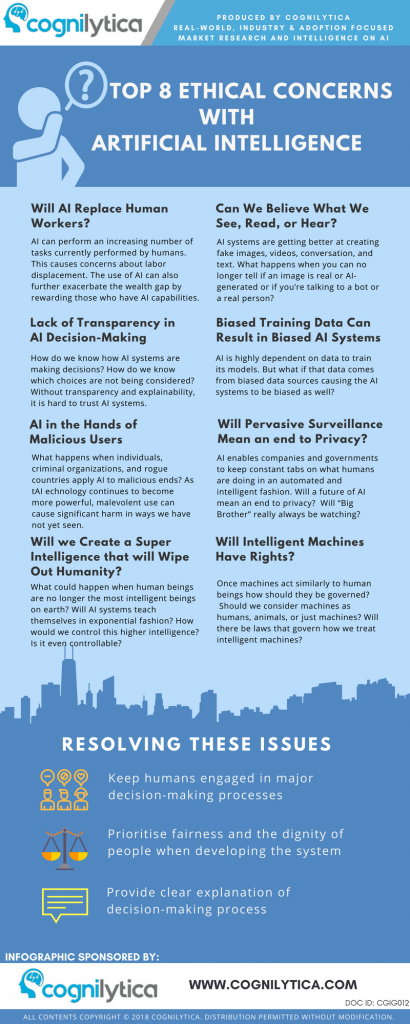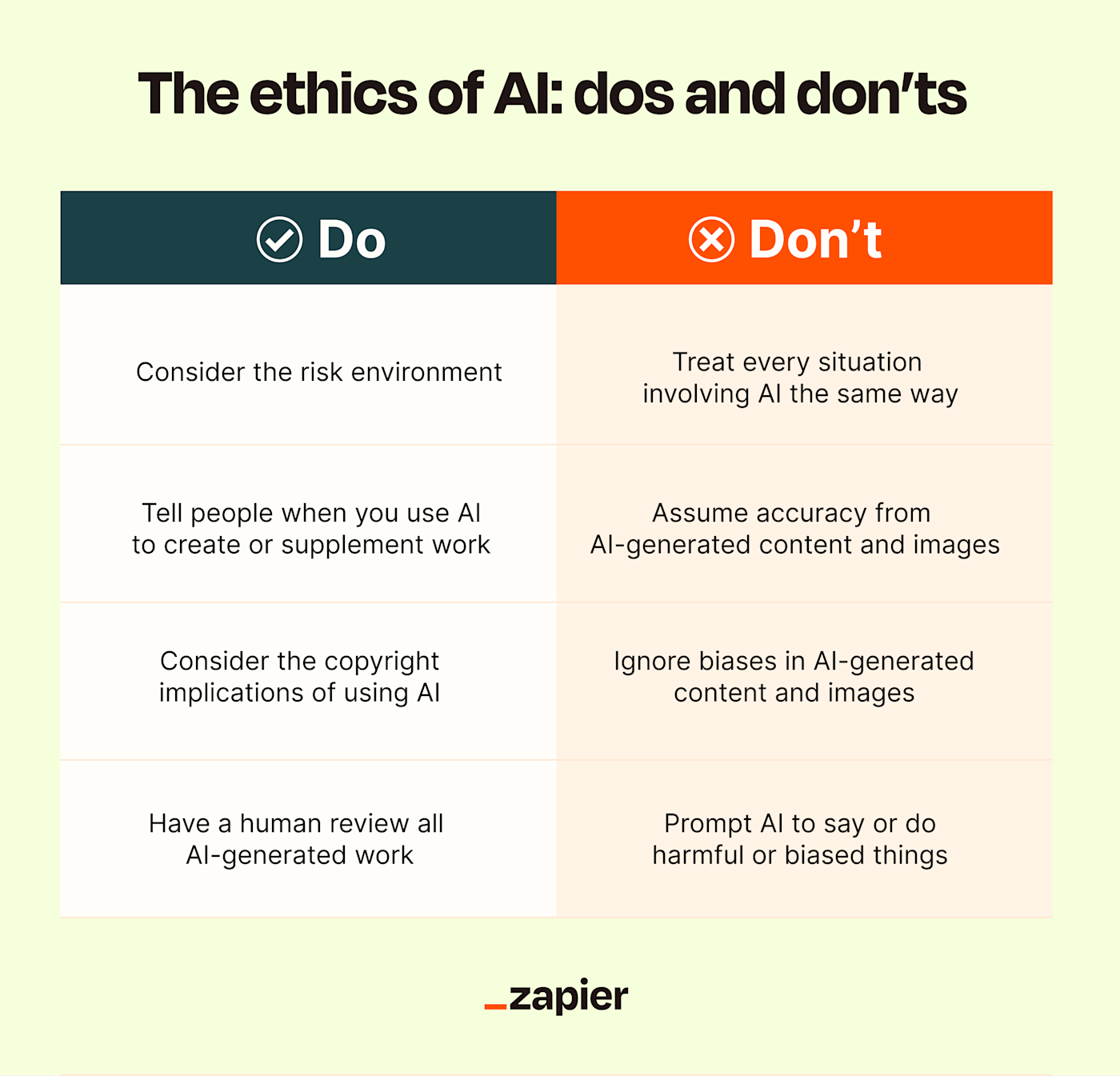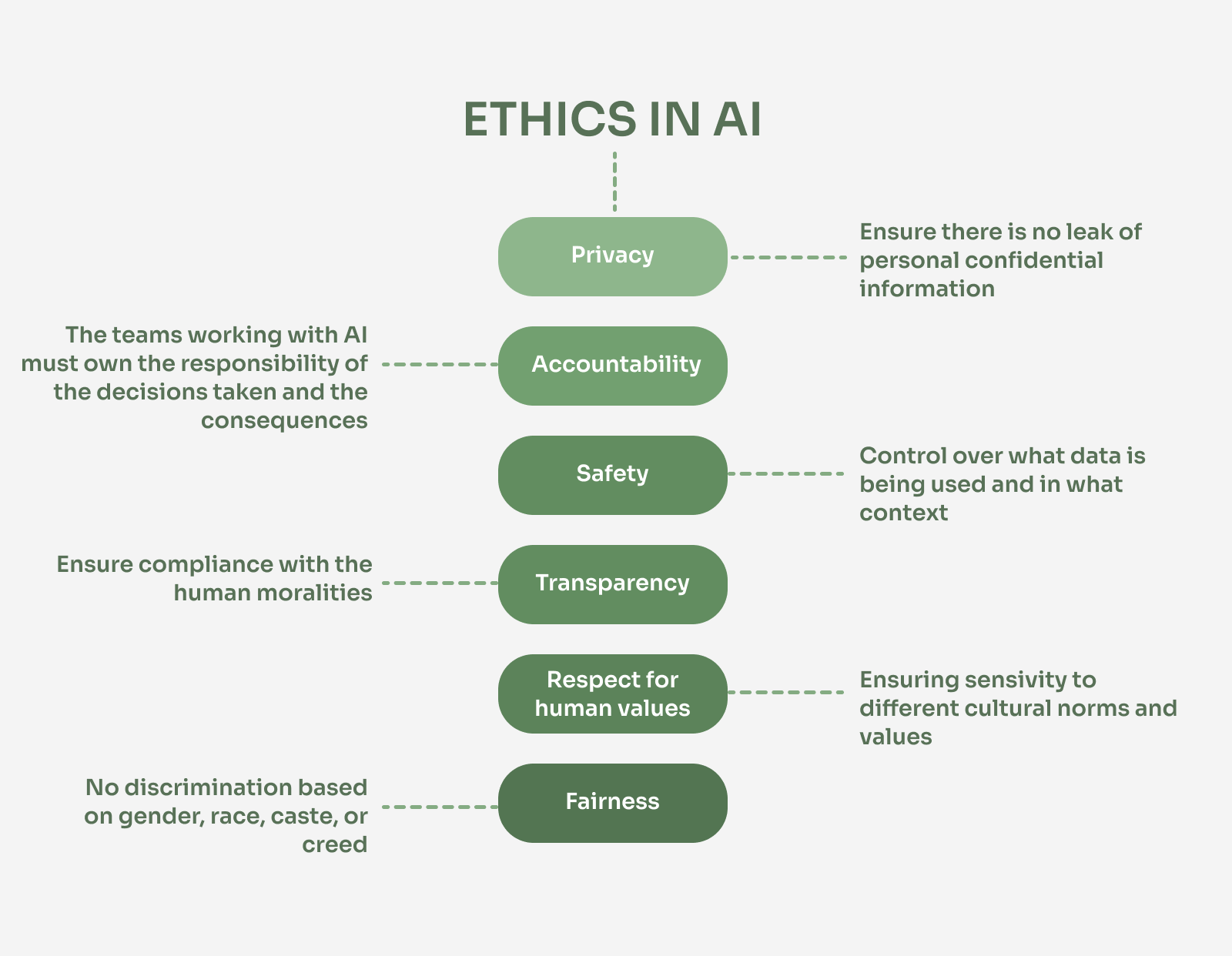Google's AI tool, "Reimagine," has sparked significant ethical concerns and debates within the tech community and beyond. This tool, part of the Pixel 9's photo editing suite, allows users to manipulate images in ways that were previously challenging or impossible. While the technology showcases impressive advancements in AI capabilities, it also raises questions about the ethical implications of such powerful tools.
Ethical Concerns
-
Manipulation and Misuse: The primary concern revolves around the potential misuse of the tool for creating misleading or deceptive images. This could have far-reaching implications, from personal privacy violations to the spread of misinformation and fake news.
-
AI Bias and Fairness: There are ongoing discussions about AI bias, particularly in how AI systems might perpetuate or even exacerbate existing societal biases. Google's history with AI bias, such as the infamous "Gorilla Incident," where its image recognition software misidentified people of color, highlights the importance of addressing these issues proactively .
-
Privacy Concerns: The ability to alter images raises privacy issues, especially if the tool is used to manipulate images of individuals without their consent. This could lead to unauthorized use of personal images in ways that individuals might find objectionable or harmful.
-
Ethical AI Development: Google has been working on developing responsible AI practices, which include ensuring fairness, transparency, and accountability in AI systems. However, the effectiveness of these measures is still under scrutiny, especially given past controversies involving Google's ethical AI team .
Google's Response
Google has been actively working to address these ethical concerns by implementing responsible AI principles. These include:
-
Fairness and Inclusion: Google aims to design AI models with concrete goals for fairness and inclusion, using representative datasets to train and test models to avoid unfair biases .
-
Transparency and Accountability: The company is committed to transparency in AI development, ensuring that AI systems are understandable and accountable to users and stakeholders.
-
Collaboration and Oversight: Google collaborates with non-profits, academics, and other companies to apply AI responsibly and mitigate risks. This includes open research and investigation into the wider impacts of AI .
Conclusion
While Google's "Reimagine" tool represents a significant technological advancement, it also underscores the need for careful consideration of the ethical implications of AI. As AI continues to evolve, it is crucial for companies like Google to prioritize ethical practices and address potential risks proactively. This will not only help in building trust with users but also ensure that AI technologies are used for the greater good.



